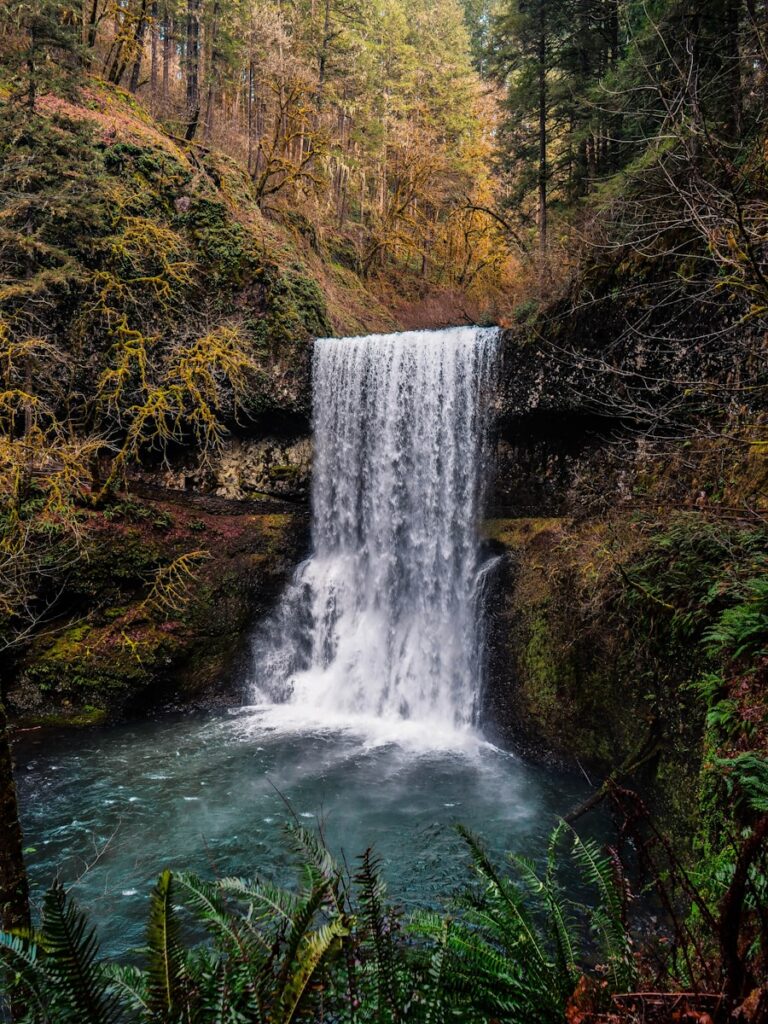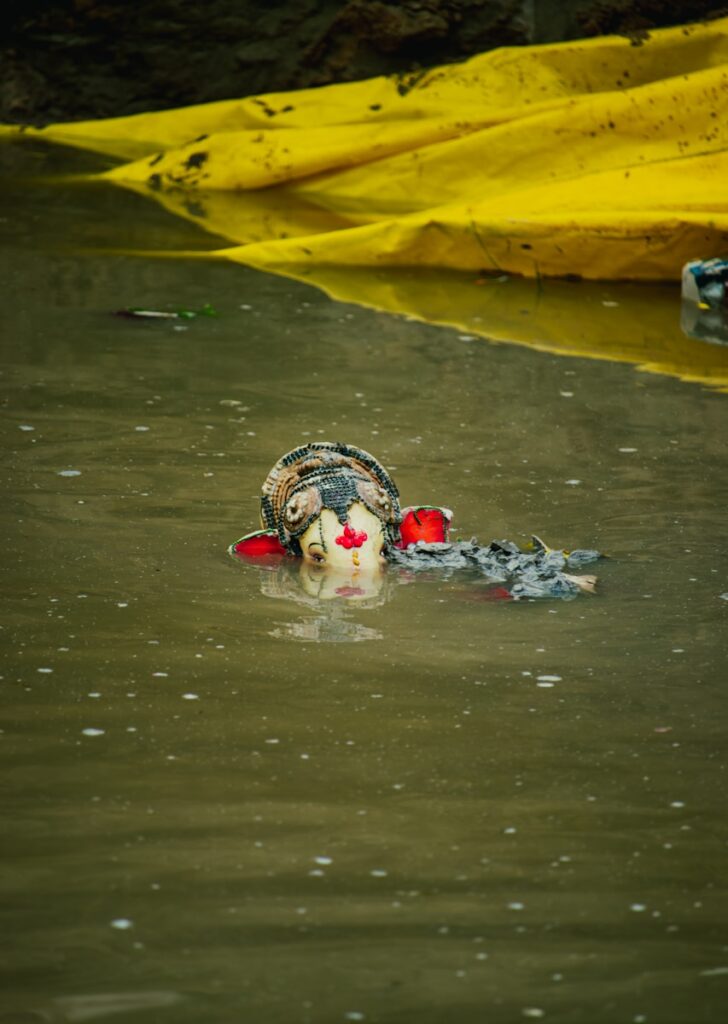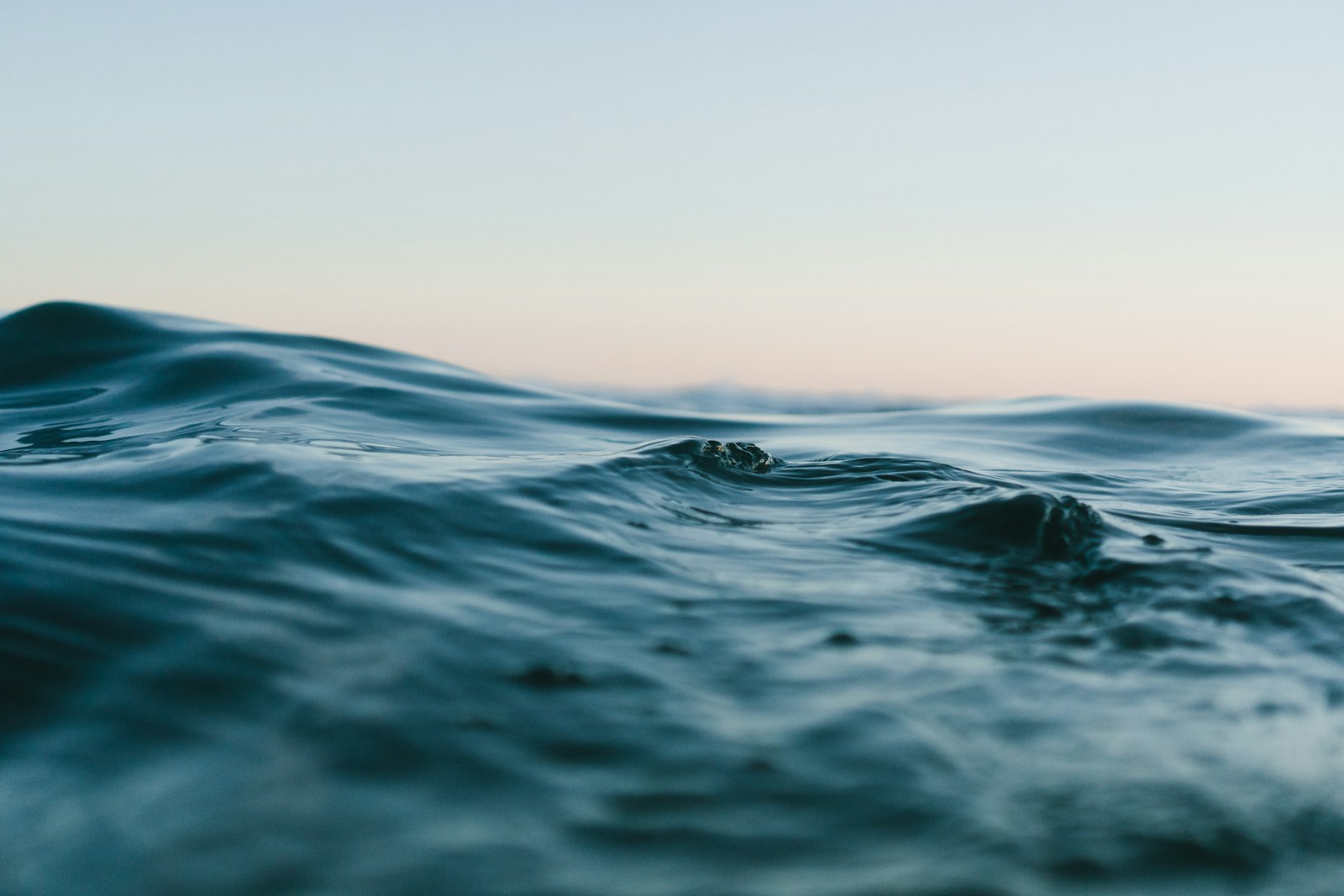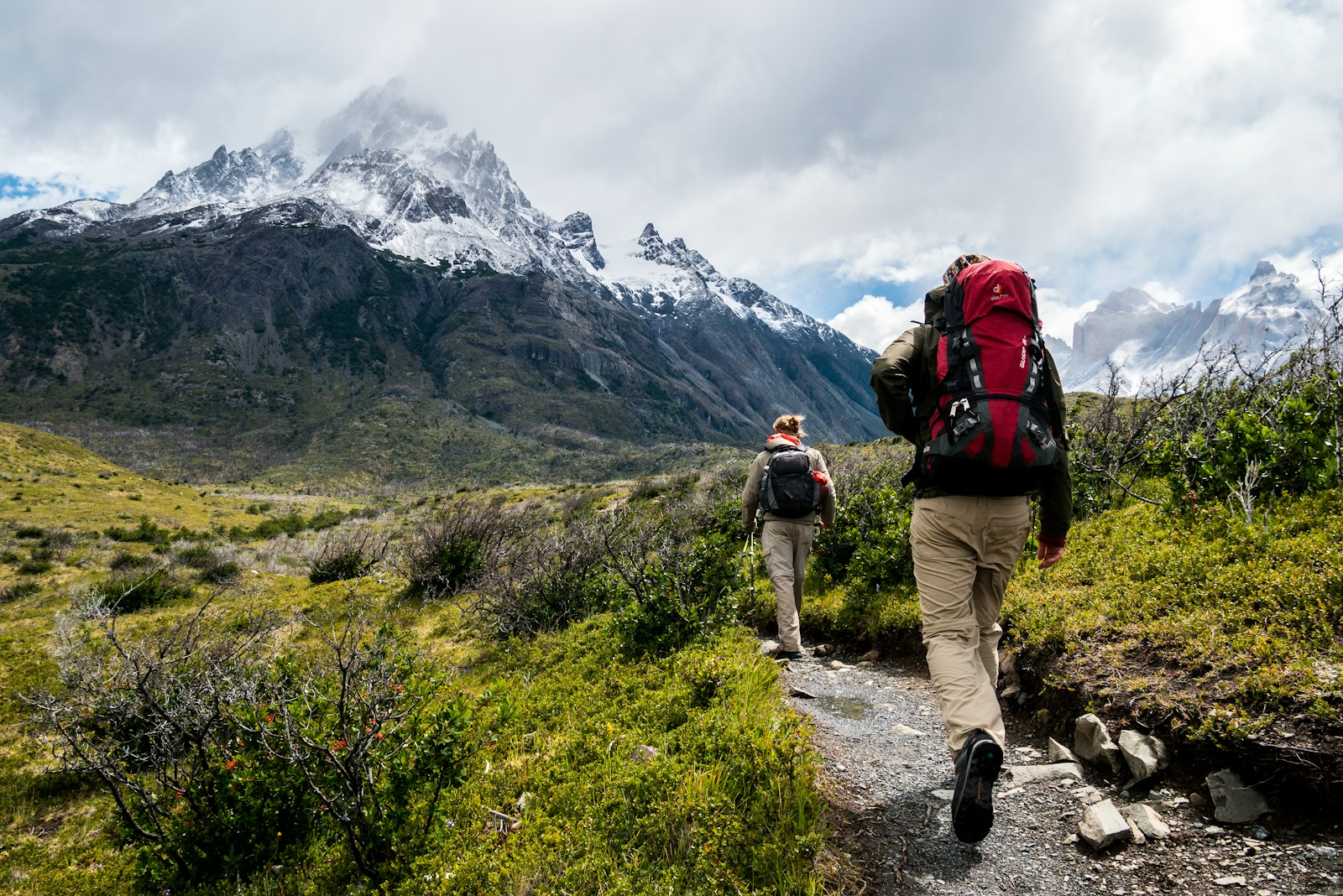Water bodies, including rivers, lakes, and oceans, play a crucial role in sustaining life on Earth. They provide essential resources such as drinking water, support biodiversity, and offer habitats for countless species of plants and animals. Freshwater bodies are vital for agriculture, enabling the cultivation of crops and sustaining livestock, while oceans contribute to global weather patterns and regulate temperatures. Beyond their ecological importance, water bodies also hold cultural, recreational, and economic value, supporting activities like fishing, boating, and tourism.

Unfortunately, water bodies are increasingly endangered due to a range of human activities. Pollution from industrial discharges, agricultural runoff, and plastic waste contaminates freshwater and marine environments, disrupting ecosystems and harming aquatic life. Overexploitation of water resources for agriculture, industry, and urban development leads to the depletion of crucial water sources, while climate change exacerbates issues such as droughts and rising sea levels. These pressures threaten the health of water bodies and the countless species that depend on them.

To combat these challenges and protect water bodies, a multifaceted approach is essential. Reducing pollution through stricter regulations on industrial discharges and improving waste management practices can help minimize contaminants entering water systems. Implementing sustainable agricultural practices, such as reducing the use of harmful pesticides and promoting soil conservation, can prevent runoff and protect freshwater sources. Additionally, promoting water conservation through efficient usage and investing in infrastructure to manage and restore natural water cycles can help ensure that water bodies remain healthy and resilient.
Public awareness and community involvement are also critical in preserving water bodies. Educating individuals about the impacts of pollution and the importance of water conservation can foster more responsible behaviors. Grassroots initiatives and local organizations play a significant role in monitoring and advocating for the protection of water bodies. By supporting policies that address environmental concerns and participating in conservation efforts, people can contribute to the preservation of these vital resources for future generations.



